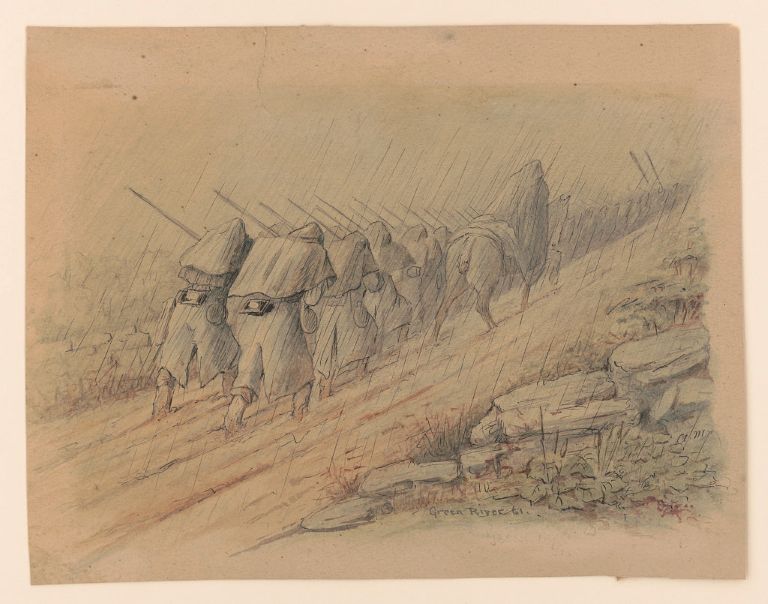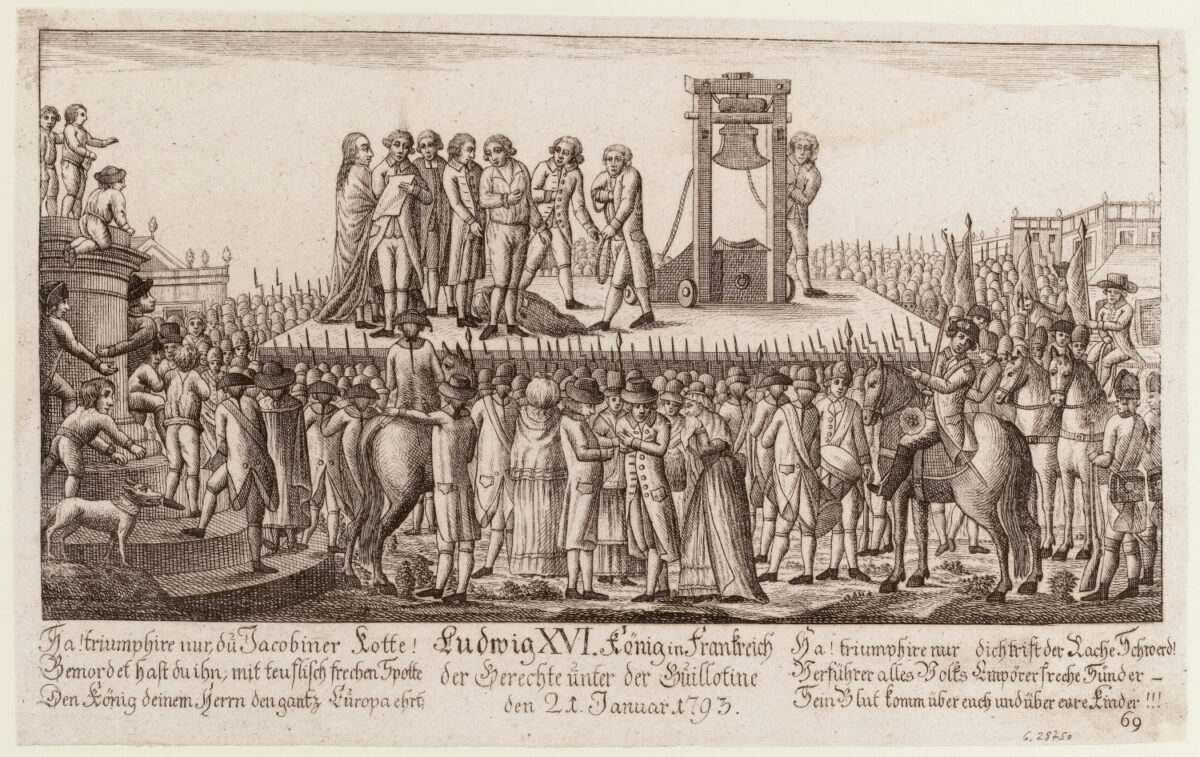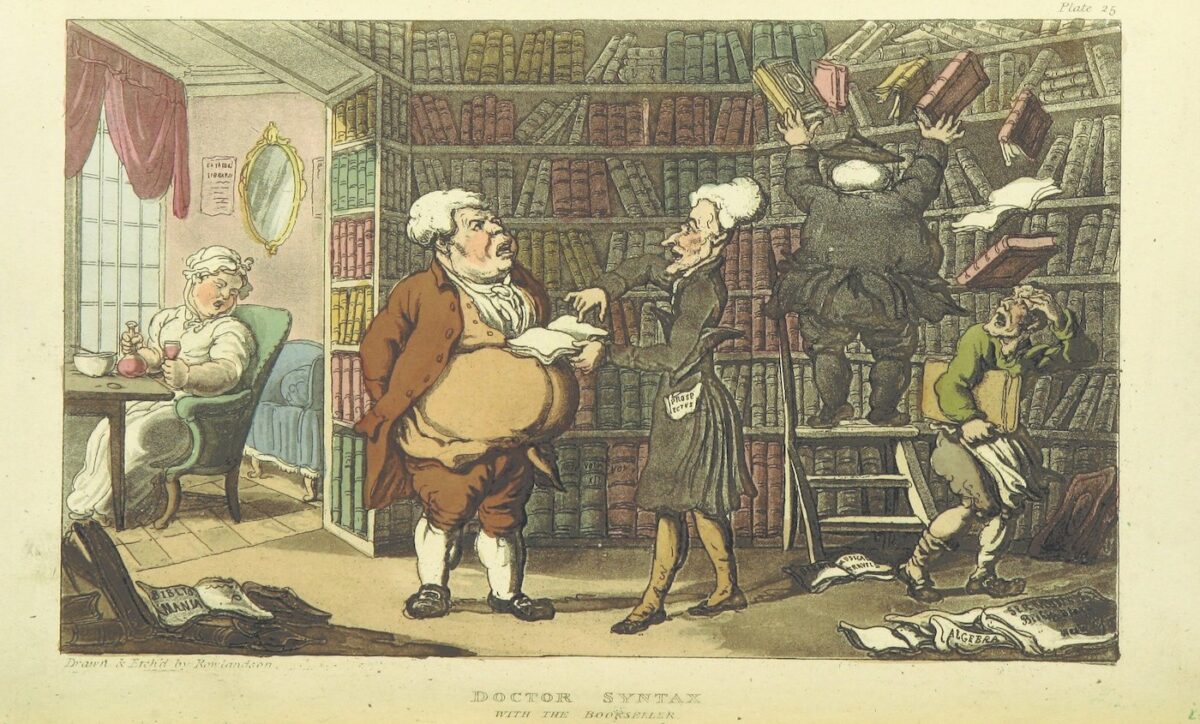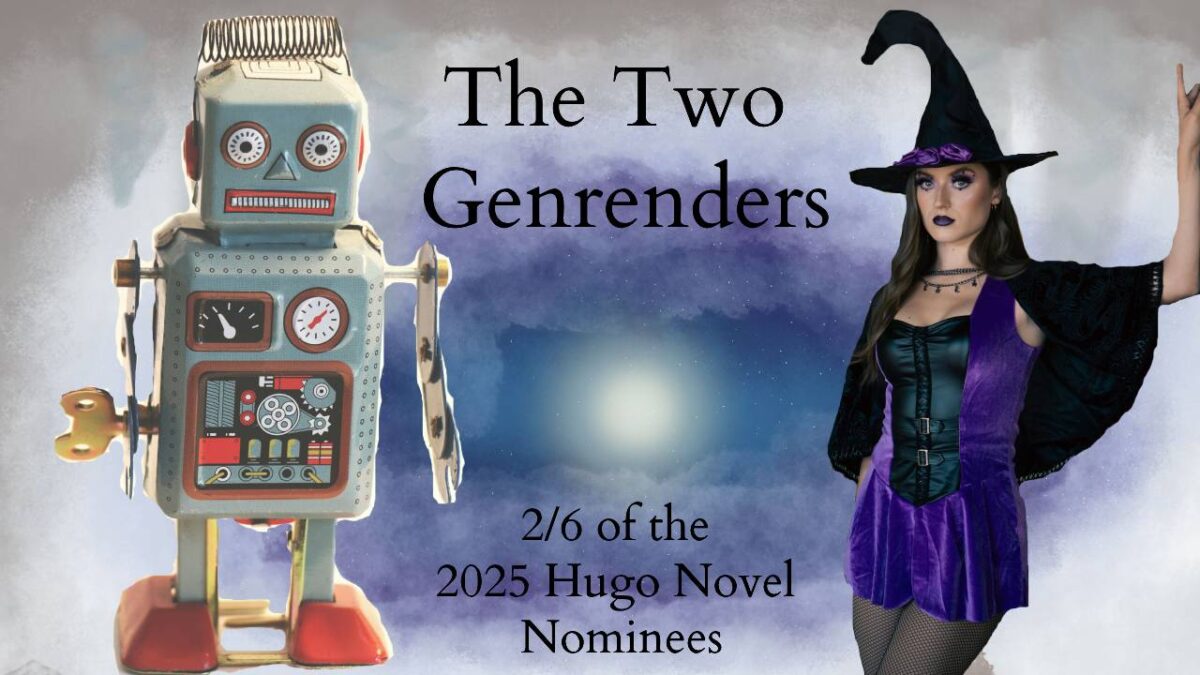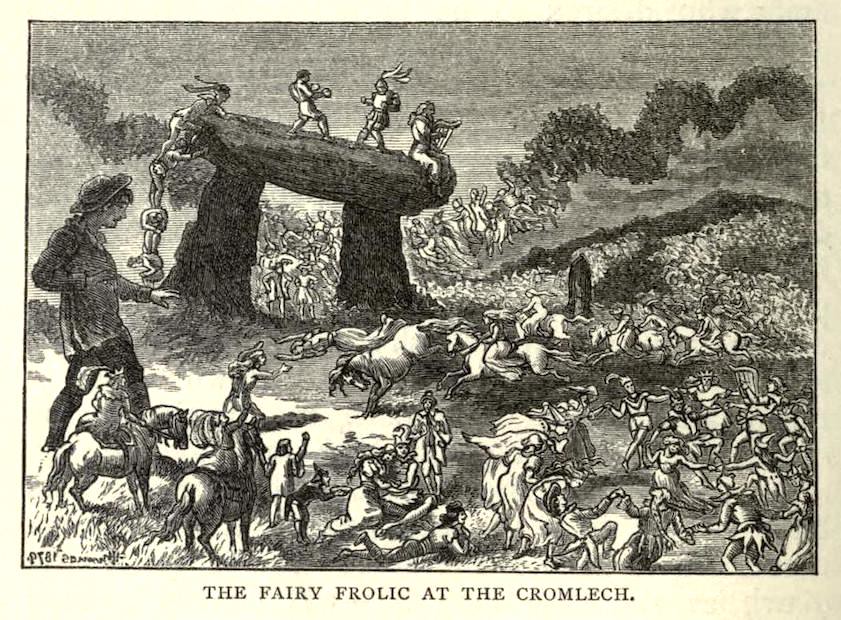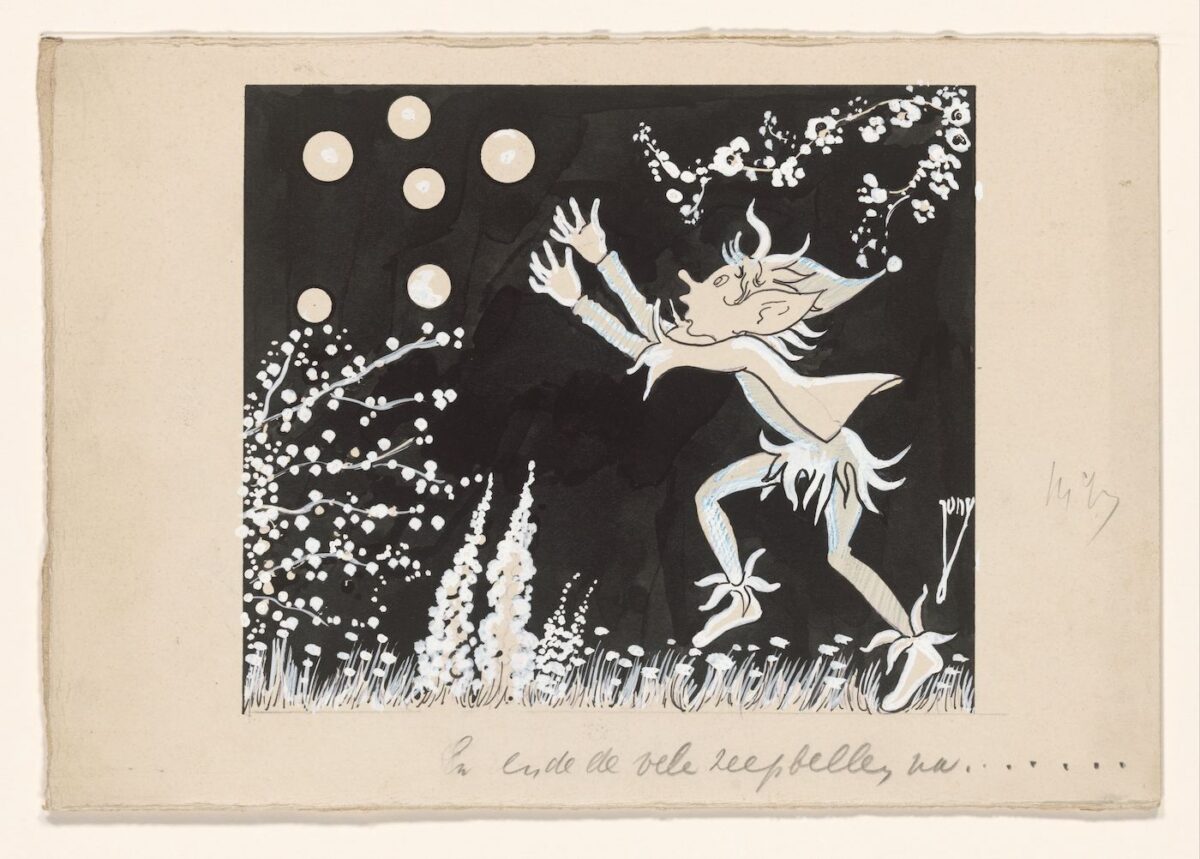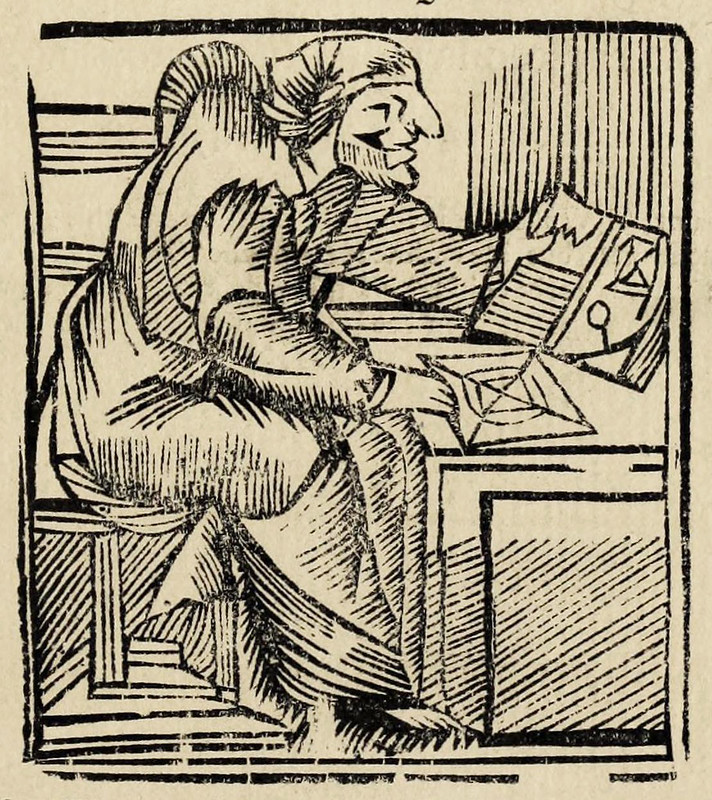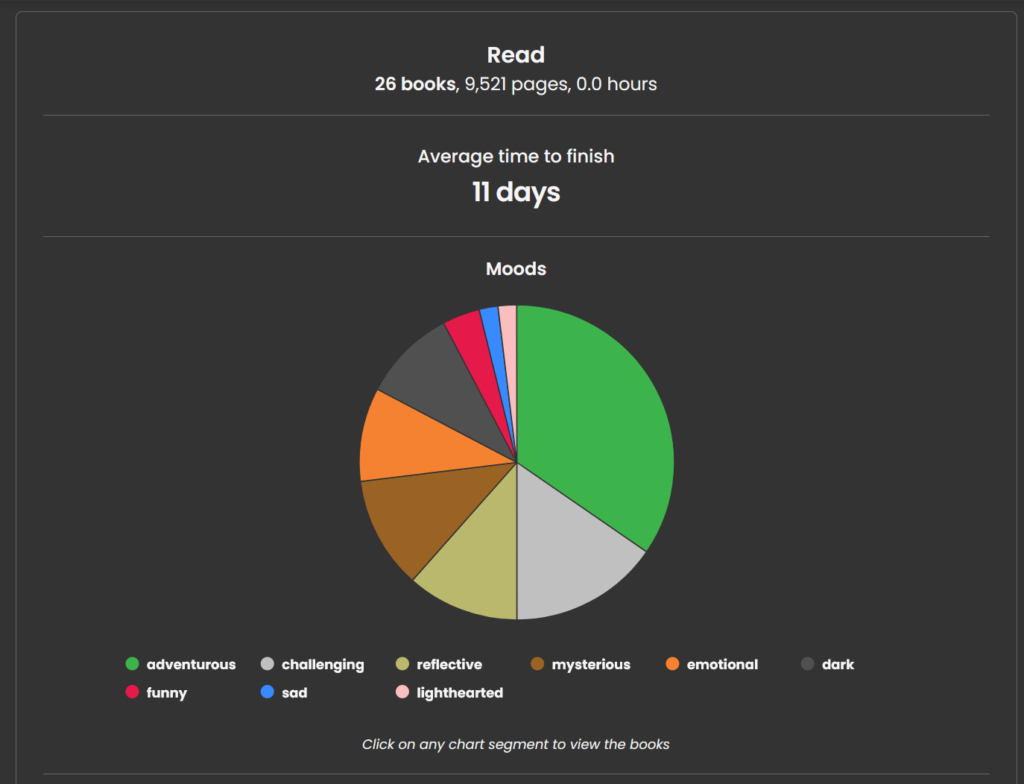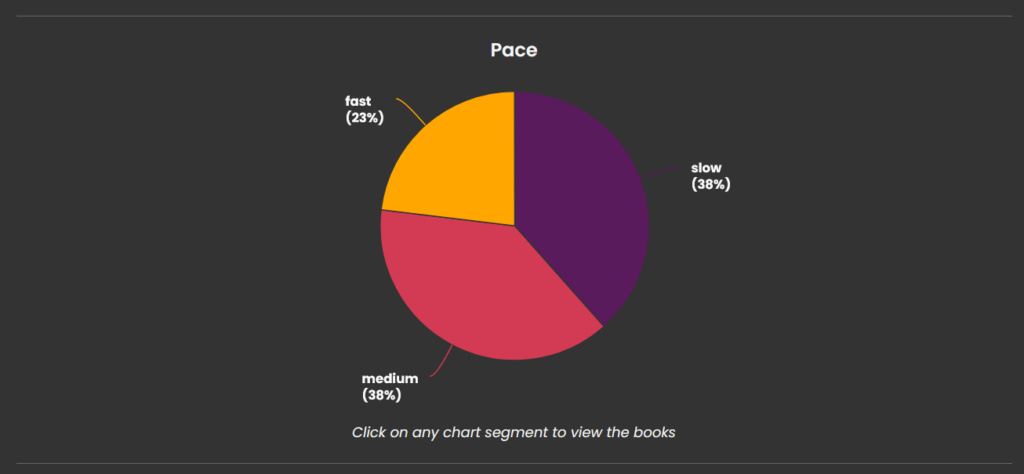I Have Been Obliterated By 1 Million Words of Power
In September I set off on an epic journey which I only barely survived. This journey was a walk from beginning to end through the three (sometimes four) volumes of Tad Williams’ Memory, Sorrow, & Thorn series. I chose to confront this series in the form of three audiobooks, because 1) my family had three Audible audiobook credits hanging around and I’m always trying to get my father to cancel his various Amazon subscriptions, but he wouldn’t do it until I spent his extra credits; 2) the books are so long I felt they would be annoying to read in heavy corporeal format; 3) the audiobooks are narrated by one Andrew Wincott, whom you may know from a recent tour de force voice role; and 4) I like audiobooks. When I listen to audiobooks, do I catch every single word the way I do when I read on paper? No, but the claim that I catch every word while reading on paper is also a delusion, especially when I’m sleepy.
Why did I choose to confront Memory, Sorrow, & Thorn at all? A review at Christian Century magazine, of all things. And by far this series is the finest book recommendation I’ve gleaned from that publication.
Though it demanded an enormous amount of time to complete (33 hours + 32 hours + 63 hours), Memory, Sorrow, & Thorn rewarded my investment a hundred times over. Though I have complained in these very pages about my intolerance of slow burn romance, I am prepared to suffer an enormous number of pages for a good slow burn plot. Here Williams accomplishes that with aplomb.
To condense violently a sprawling and exceedingly intricate cast of characters and circumstances, this trilogy concerns the development of Simon/Seoman, a bumbling and naive scullion who grows up among the many servants of the Hayholt, royal castle of the land of Osten Ard. Within the castle lives King Prester John, beloved uniter of the many diverse principalities of Osten Ard, and his two sons, Elias and Josua. When Prester John dies and Elias ascends to the throne, things in the Hayholt begin to change, and soon things all over Osten Ard change as well–most notably the weather. Simon and his mentor, the wizard Doctor Morgenes, investigate, and soon Simon finds himself at the center of a centuries-long conflict fueled by the boundless hate of an ancient elvish revenant called the Storm King, a monster who can only be defeated with the power of a prophecy concerning three magical swords: Memory, Sorrow, and Thorn.
So far I expect this sounds quite standard fantasy to you, and if I told you that during his travels Simon meets a rebellious princess, a wise old witch, and a funny little Arctic gnome-type dude, that would not dissuade you from presuming Williams’ work is derivative.
But for Tad’s sake I will object. Memory, Sorrow, & Thorn mobilizes familiar fantasy tropes for structural purposes, settling the reader on familiar ground, but Williams probes these tropes with a weather eye and a deep interest in his characters’ emotional landscapes, and in doing so produces an epic fantasy which is shockingly, piercingly relevant as a guide and a comfort for how to live in terrifying times.
On the throne, Elias fails to rise to his sainted father’s example. He surrounds himself with greedy, vain, and self-interested nobles who plunder Osten Ard’s provinces. He takes up the cursed blade Sorrow and descends into madness, turning on his own daughter, Princess Miriamele, as well as his brother Prince Josua. At the same time, the Storm King’s influence breaks the reliable wheel of the seasons, bringing on an endless winter. One thing which sets this trilogy apart from other famous fantasy series (which I have also enjoyed) is Williams’ thoroughness in depicting the real, material cost of evil. Wherever our heroes go, they see peasants displaced, fields lying fallow, children abandoned. Elias’ selfishness and cruelty allow the Storm King to sweep his influence across the land, sowing starvation and mass death, the tools to complete his genocidal ends.
Though the story of the trilogy is Simon’s at heart, Williams adopts many eyes with which to observe it. The reader watches the struggle against the Storm King and Elias at the shoulders of Josua, Miriamele, the Duke Isgrimnur, the scholar Tiamak, the Hayholt cook Rachel, and even Elias’ corrupt allies Guthwulf and Fengbold. Williams captures the continent-spanning conflict through its immediate material and emotional impacts on the characters. Each character is marked not only by the role they play in the struggle, but by the manner in which their natures constrains their ability to play that role well. Josua is a towering achievement in character writing, a figure whose torments and triumphs will linger with me. Here Williams deconstructs the heroic hidden king figure a la Aragorn by creating a man who strives to be good and to lead, and yet is hobbled by his own nature. Josua is melancholic and critical, unable to sit comfortably in his relationships and dogged by his own inadequacies. He does lead our heroes bravely, but the question of whether he ought be king if his brother falls hangs uncertainly over him. He is not a perfect man, a perfect husband, or a perfect leader, and to sit with him as he faces near-certain destruction again and again is to be reminded of one’s own fallibility. Facing down his weakness and failure is what allows Josua to outdo the evils arrayed against him.
Despair is the real villain of Memory, Sorrow, & Thorn. Despair rises on the cold winds commanded by the Storm King to chill our heroes’ will to fight back, threatening to atomize them into a disparate collection of mourners. Sorrow is the great weapon of the Storm King and Elias, LITERALLY. Whom the sword touches, it drives mad, making them an addict to its presence. Multiple characters slide into depression, usually well-justified, and Williams’ exploration of self-hate and self-immiseration finds its grandest expression in the fallen priest Cadrach, whose bitterness nearly collapses the whole fight against the Storm King.
This is why Simon must be the central figure of the trilogy. When the story begins, Simon is the bane of his foster mother, Rachel the cook, who wishes he would stop daydreaming and start doing his chores. Simon’s detractors call him “mooncalf”, a reference to his overweening flights of fancy. As he journeys through more and more terrifying situations, Simon grows up, but he does not lose his wild imagination. This inability to close his mind to the world allows him to connect with the elven Sitha unlike any other mortal, and it also gives him a great horror of the evils of war when he finally witnesses them. It is this power, not fighting skill, which puts Simon in place to defeat the Storm King as no one else can. This climactic moment echoes the finale of The Lord of the Rings, in that the unassuming hero brings down the unfathomably powerful villain by finding their one weakness, but a critical difference lies in those means. Simon is closer to the martial hero archetype associated with fantasy than Frodo is, as in the course of his adventures he slays giants and duels dragons and falls in love with a princess. But Simon does not slay the Storm King by force of arms. He defeats the Storm King by his willingness to see the Storm King, an incorporeal monstrosity fueled by ancient hate, as a being undeserving of suffering. He interrupts the hate which has enchanted him and his companions into serving their nemesis. I suspect this might be why Christian Century liked the series, but I believe the core sentiment is of value to those of us outside the faith as well.
Simon can imagine what it is to be his enemies, what has driven them to destroy his home, and so he can deny them. He can prevent them from making him like them. He endures profound suffering at the hands of the Storm King, and still does not consider the Storm King unworthy of compassion. While I don’t necessarily agree with the all-encompassing forgiveness doctrine of Christianity, I do agree with Williams’ proposition that turning towards the humanity of your enemies allows you to interrupt the destructive kind of hate which blinds you to actual solutions. The mad rush towards defeating the Storm King prevents our heroes from examining their means and almost prevents them from achieving their goal. Simon, burdened by an inability to stop wondering and dreaming, is the only one who can stop at a critical moment to consider the way out.
When we leave the heroes of Osten Ard, they have rescued their lands from the mad king and his ghostly puppetmaster. They have undone the evil magic which derailed their climate. They have lost a great deal. The conclusion of the series is not nearly as protracted or furiously appendicized as The Lord of the Rings. Every surviving character is addressed, but what is most thoroughly illustrated is the terrible aftermath and the long walk to recovery still ahead. Simon led the way out of the conflict with the Storm King, but the wreckage of the land endures. The work is not done. However, our heroes have much experience in rejecting despair; they will endure this as they have endured the quest against the Storm King, the deprecations of cruel King Elias. Despite their failings, they will rebuild.
At least until I pick up Williams’ sequel series and see what’s risen to torment them anew 😛

